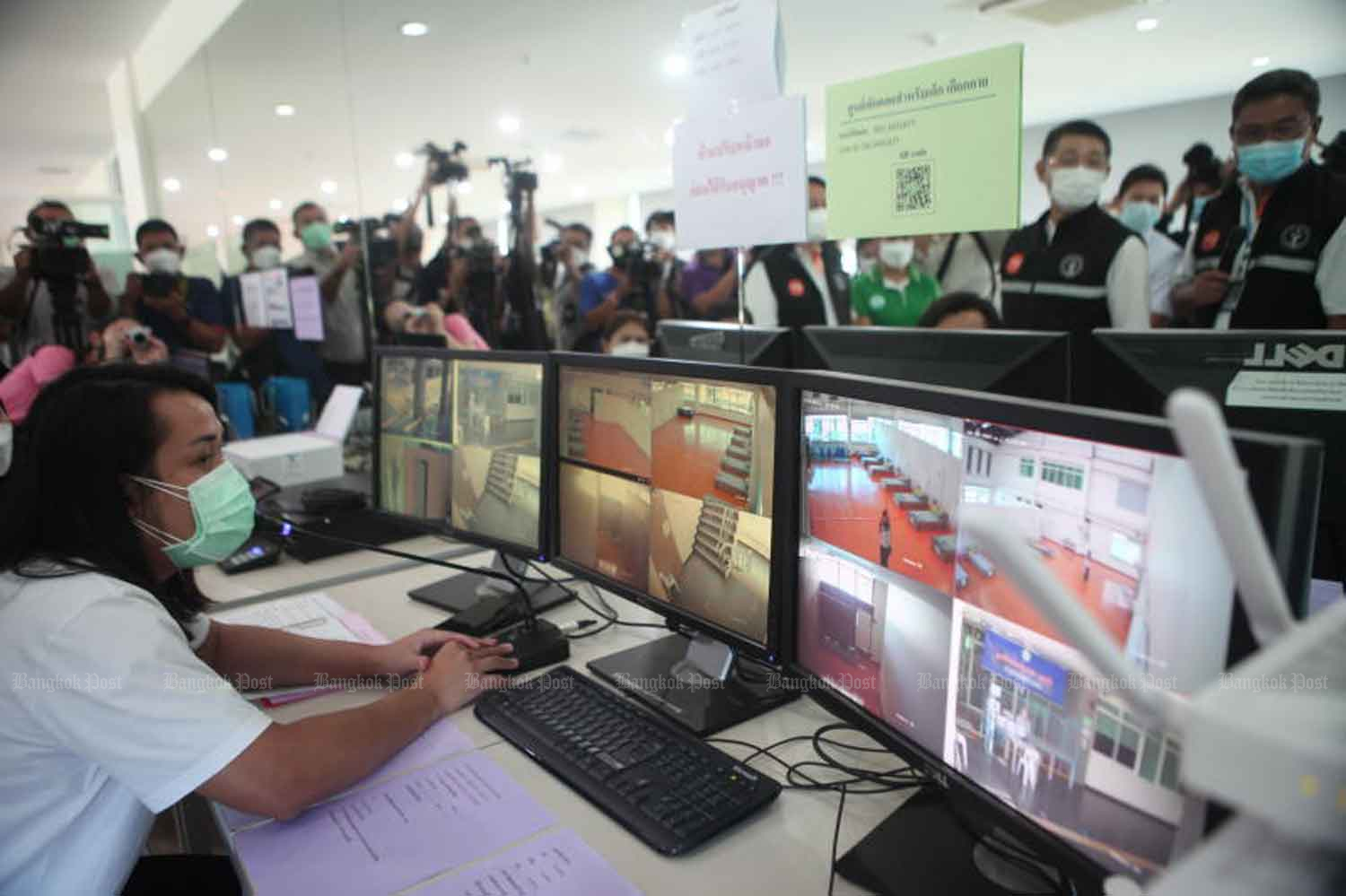
The Centre for Medical Genomics at Ramathibodi Hospital has reported confirmation of a case of a highly contagious, third generation of Covid-19.
A posting on the centre's Facebook account identified the virus as BA.2.75.2, a subvariant of the Omicron variant, and advised of the need to prepare for a possible new wave of Omicron infections.
The centre said that according to the Indian SARS-CoV-2 Genomics Consortium, India's genome sequencing agency, BA.2.75.2 evolved from BA.2.75, which started to spread in India in May and showed the most mutations when compared with other Covid-19 strains in India.
BA.2.75 kept mutating and one of the mutations was BA.2.75.2.
The Ramathibodi Hospital centre quoted an immunological expert at Peking University as saying that BA.2.75.2 was the strain most capable of avoiding antibodies and could be "the super contagious Omicron subvariant".
BA.2.75 was the second generation of Covid-19 and had 95-100 mutations compared with the original Wuhan strain. Its relative growth advantage was about 37% compared with other strains in India.
BA.2.75.2 was the third generation with 95-100 mutations compared with Wuhan but its relative growth advantage was 248% compared with BA.2.75 in India.
"It was first detected in India and has spread to Chile, England, Singapore, Spain, Germany and Thailand," the Centre for Medical Genomics said.
BA.2.75.2 had a relative growth advantage of 90% compared with BA.5 and 148% against BA.4, which were dominant subvariants globally, it said.
The centre said it found one case of BA.2.75.2 reported from Thailand to the database of the Global Initiative on Sharing Avian Influenza Data (GISAID).
It recommended that treatment should be designed specifically for different strains of the virus, because different kinds of vaccines, antivirals and synthetic antibodies had different effects on different strains.







